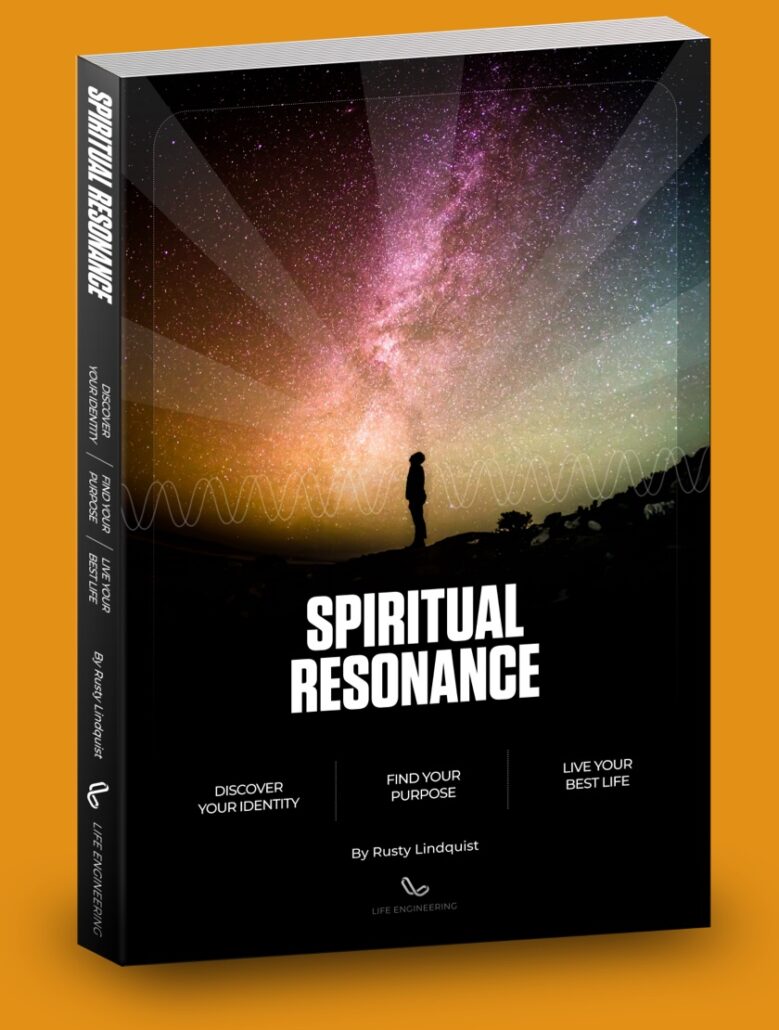Free Course: Alignment Staying on Course Free Course: Alignment From our 16 Elements series, and a part of the Act Pillar, Alignment …
ANXIOUSLY ENGAGED
articles
Engagement. It’s a measure of how emotional you are about something, how much you care, how involved you are, and how active you are in the pursuit of achieving it.
Being engaged is crucial to being productive. An employee who is engaged will work far harder and achieve far more than one who is disengaged. Unfortunately, engagement at work is rare.
A recent Gallup poll, based on more than 30 years of behavioral economic research with more than 12 million employees, showed that 50% of all American workers aren’t engaged in their careers. And 20% are actively disengaged.
Gallup’s estimation of the cost of this lack of engagement? More than $300,000,000,000 a year. Three… hundred… billion… dollars. As Author Daniel H. Pink states in his book Drive, that’s more than the entire gross domestic product of Portugal, Singapore, or Israel.
How does this come to be?
It’s easy to blame managers and leaders within these organizations—blame them for failing to keep their employees involved, for constructing environments that don’t give people autonomy crucial to engagement (autonomy over task, time, team, and technique). And certainly, in many instances, they are to blame.
But how is it that so many employees continue day in and day out to settle? To settle for jobs or careers that don’t motivate or inspire them?
Comfort and security are often some of the strongest reasons people are held within the gravitational pull of these environments.
But recently, psychologists have begun to understand some of the more important ramifications of disengagement on your emotional and psychological well being.
What they’ve found is that engagement leads to flow. Flow describes those moments when you are so engaged in what you’re doing that you lose all sense of self, all sense of time, all sense of everything. You are wholly, utterly consumed in your focus.
It turns out that your level of happiness is usually directly proportional to the frequency with which you experience flow in your life.
Among a number of experiments they conducted was one where they required that people stop doing the things they enjoyed, just for a week. They only made it a couple of days before they had to call off the experiment because the test subjects were becoming so depressed. They complained about lack of energy, feeling lethargic, lack of enthusiasm, depression, even headaches.
The simple state of being in “flow” is therapeutic not just for your productivity and emotional well being, but for your mental capacity as well.
Those who find themselves regularly, anxiously engaged in a cause that matters to them are happier and healthier. They have more energy, more enthusiasm for life, more purpose, and better perspective.
And while I’m a huge fan of doing what you love and loving what you do, when it comes to work, there are ways you can introduce flow into your life without having to change careers.
Sports and exercise are one of the surest methods that hold the wonderful side effect of keeping you fit and healthy. There are games, conversations, social groups and settings, or even just a good book or a good movie.
Whatever strategies you choose, make sure that you’re anxiously engaged in a good cause. You’ll be happier and more productive for it.
-Rusty
Share this
with someone who might need it
keep reading
The turkey effect How to learn who you are and live your best life raising turkeys People often wonder “who am I?”; …
HOT HANDS HOW identity POWERS PEAK PERSONAL PERFORMANCE HOT HANDS There’s a well-known phenomenon in sports called “Hot Hands.” It’s the idea …
Know Thyself The Key to Unlocking Your Full Potential Know thyself Nestled deeply on the slopes of Mount Parnassus in Greece is …
Employee satisfaction is closely tied to performance. When satisfaction levels rise, productivity, customer service, and profits tend to rise too. Employee turnover slows down and it becomes easier to recruit new talent. See how your team, leadership, and shareholders can benefit from a company culture that emphasizes employee satisfaction.
If you want your customers to be happy, you need to think about employee satisfaction. When employees like their workplaces, they are more effective at their jobs and provide better customer service. Learn more about the link between the employee and customer experience and how to measure employee satisfaction.








Responses